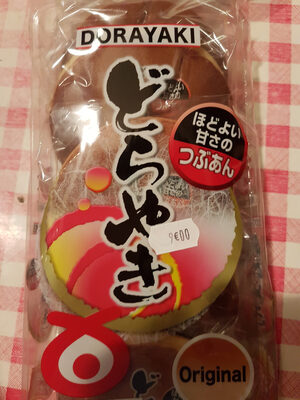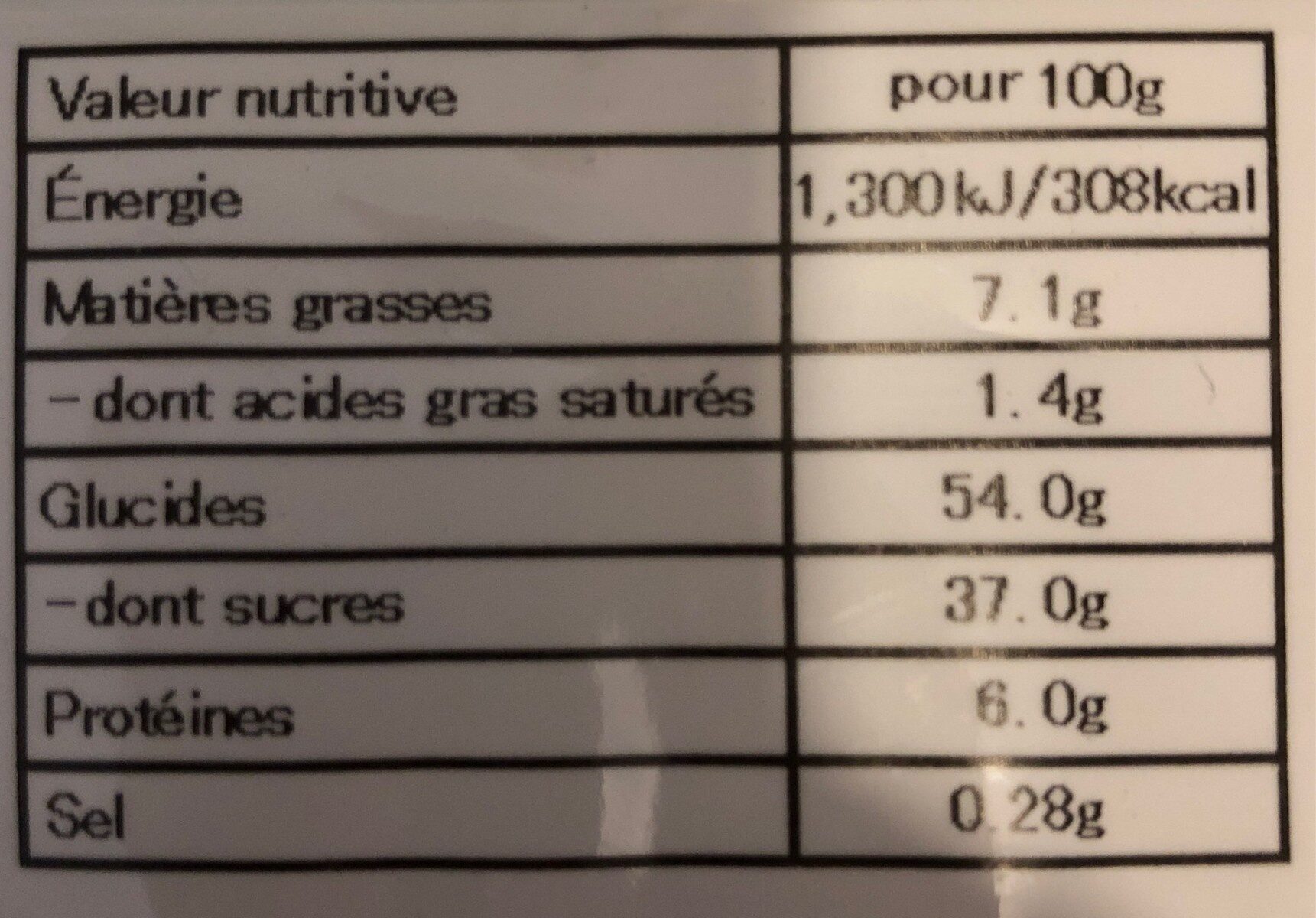Dorayaki - Gâteau haricots rouges - Marukyo
This product page is not complete. You can help to complete it by editing it and adding more data from the photos we have, or by taking more photos using the app for Android or iPhone/iPad. Thank you!
×
Barcode: 4902752166002 (EAN / EAN-13)
Packaging: Bag, Individual bag
Brands: Marukyo
Categories: Snacks, Sweet snacks, Biscuits and cakes, Cakes, Pastries, Dorayaki
Origin of ingredients: Japan
Manufacturing or processing places: Japon
Stores: supérette Asie
Countries where sold: France
Matching with your preferences
Environment
Packaging
Transportation
Report a problem
Data sources
Product added on by kiliweb
Last edit of product page on by packbot.
Product page also edited by moon-rabbit, openfoodfacts-contributors, quechoisir, tacite-mass-editor, veroby, yuka.FJBJHPCQD-wCGN_j65Iw0zK-ONv8Aqd7Nn0Xog, yuka.V3E0YURiWWh2UEltb3ZkbXppR0s2dk41bnJtQVJtYXhNc3MzSVE9PQ.











